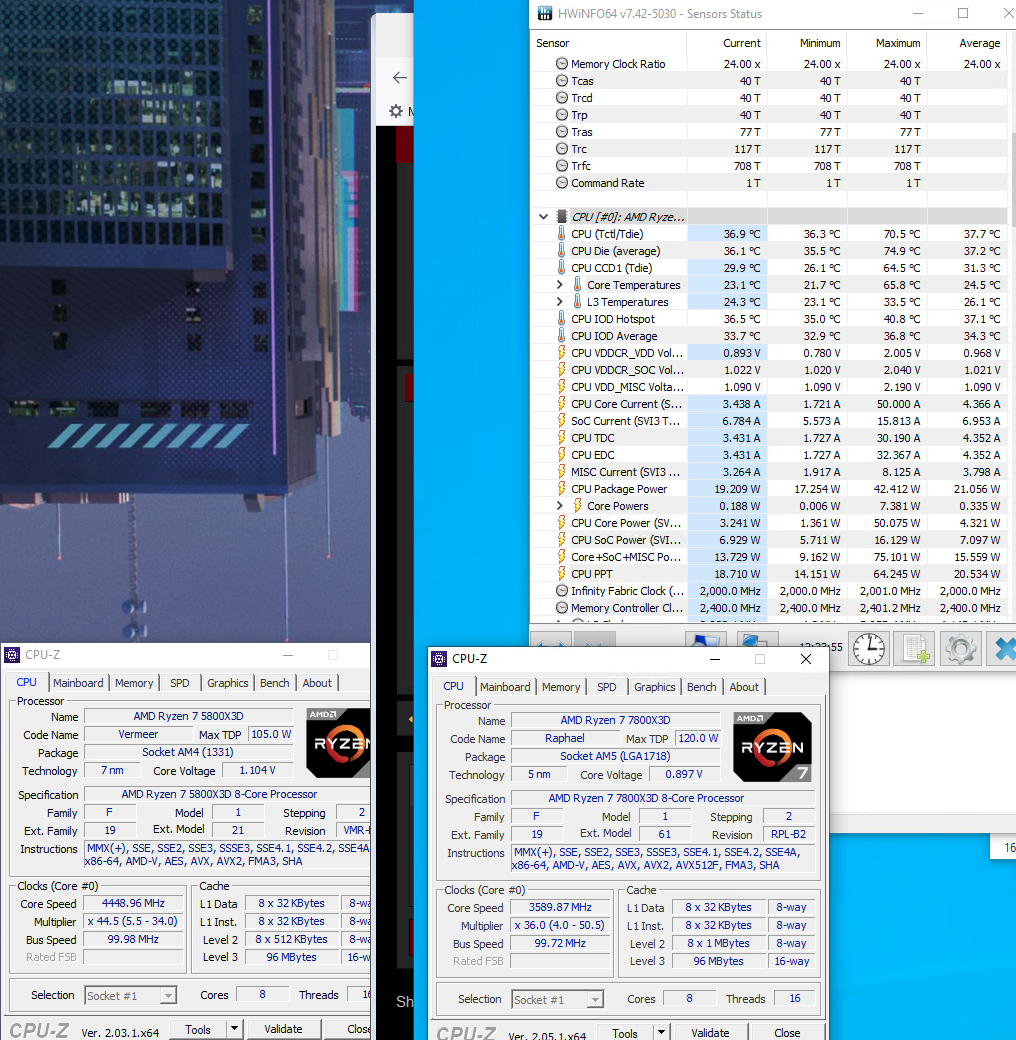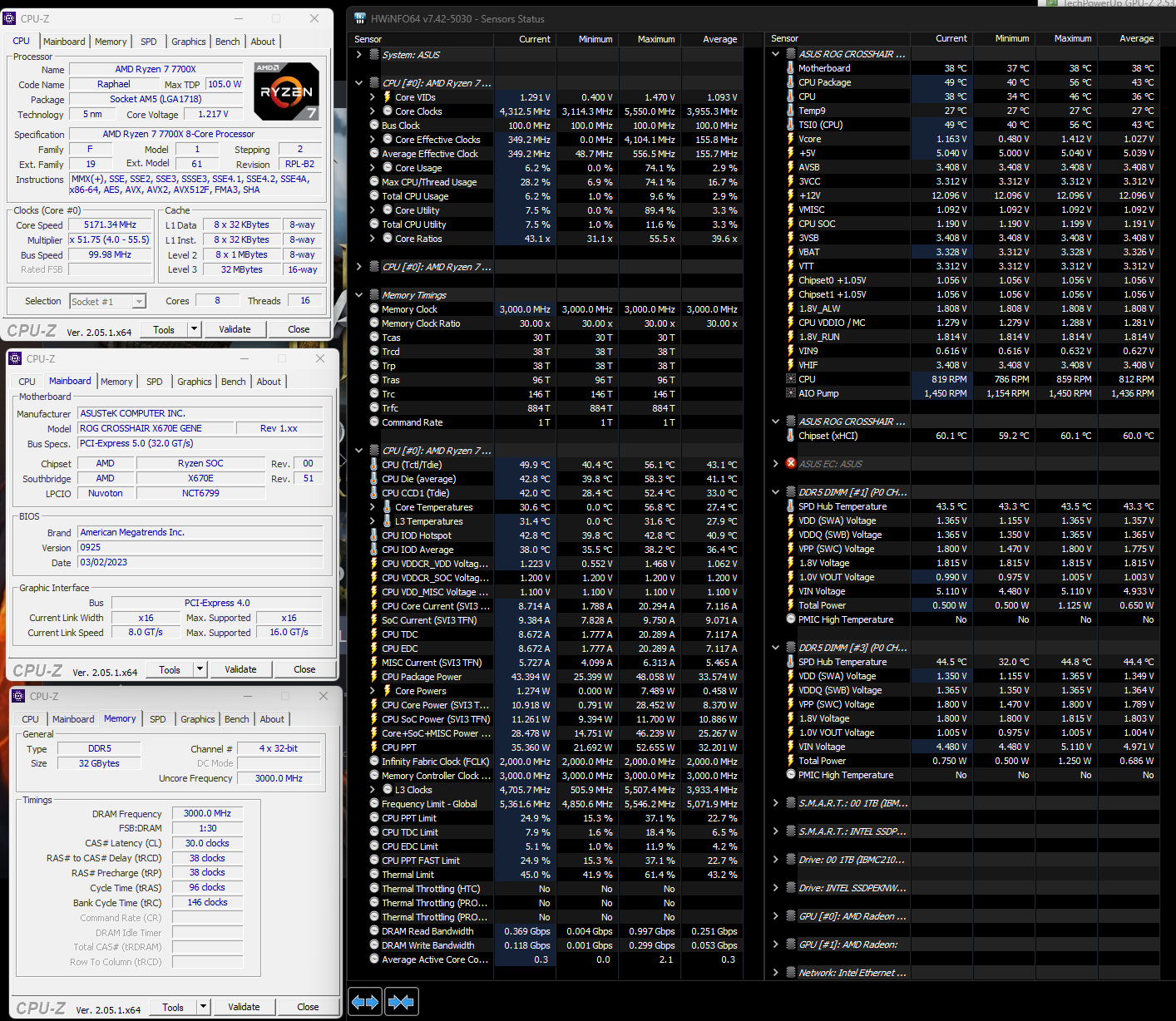funkydmunky
2[H]4U
- Joined
- Aug 28, 2008
- Messages
- 3,884
On 3D V-cache chips not so much. The rest of AMD's line-up somewhat, and Intel's line-up absolutely. Gains can be seen if you are willing to spend or become a pro RAM'er(R). Although I don't know at what point the bandwidth will top out for those chips and stifle. It could be now?Memory tuning will be more relevant towards the end of DDR5's lifecycle when we have faster CPUs and GPUs. Right now, yea it's pointless.
![[H]ard|Forum](/styles/hardforum/xenforo/logo_dark.png)

